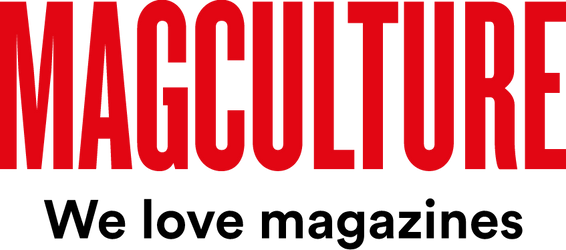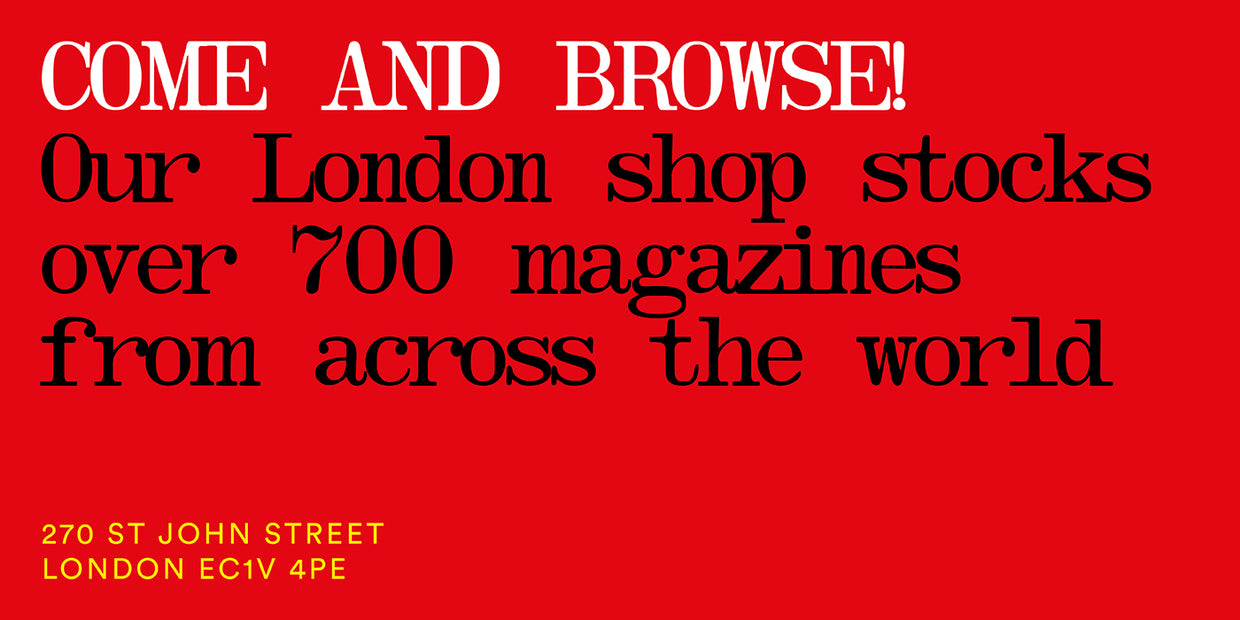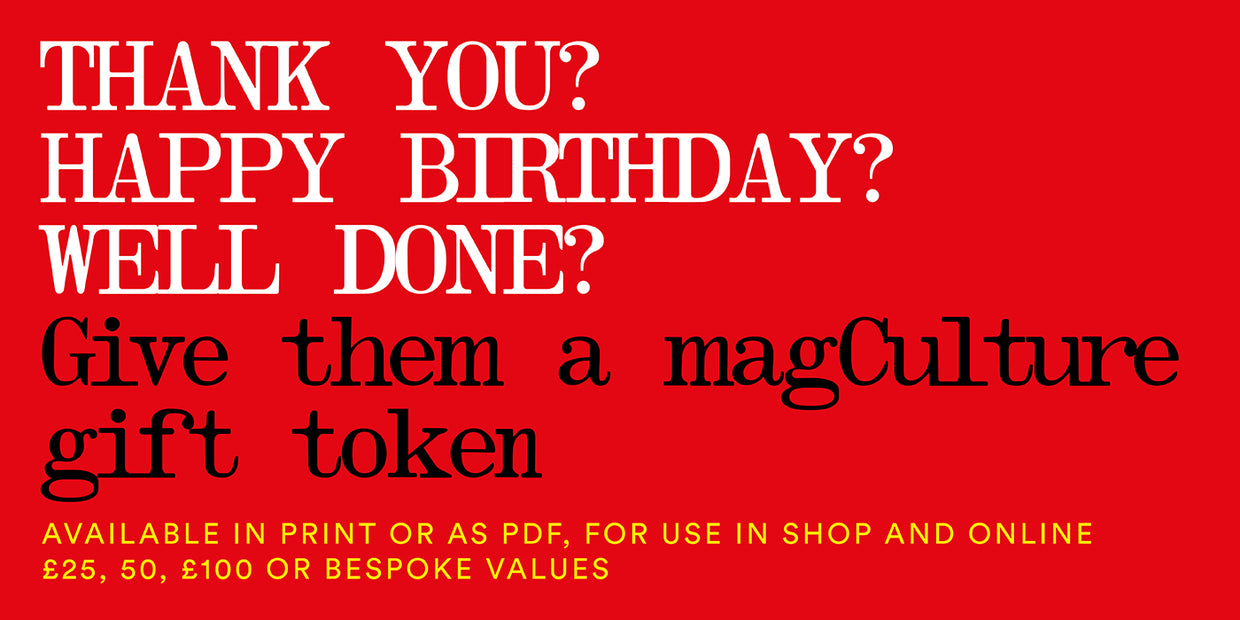
Arjun Chadha, Get Familiar
Without any previous experience of publishing, Arjun Chadha launched his magazine Get Familiar in 2019.
Each issue features long-form interviews with hip hop musicians, because, ‘as a fan of both hip-hop and thought-provoking journalism, I couldn’t find an outlet that managed to blend both of those two worlds together.’
A true labour of love, Arjun puts together each issue of Get Familiar himself, interviewing, editing and designing the pages. It has already won several awards in its home country, the Netherlands. Arjun answers our questions as issue four goes on sale.
What are you up to this morning?
My day, like many other days, started with snoozing my 06:30 am alarm clock one too many times, haha. I live in the beautiful city of Amsterdam, which I take full advantage of every morning. A quick peek out of my window is a must, before going out for a run together with my partner.
After our run, I prepared my lunchbox for later in the afternoon today. This was followed with a coffee, before heading out to the office.

Describe your desk and your work space.
My office is at an approximate 20-minute bike ride from my home (including a highly enjoyable five minute ferry-ride over the river IJ, above). I share a workspace with two very talented creatives. The first of which is Hedy, an impressive and colorful illustrator, and other is Salma, a gifted filmmaker.

We’re a pretty happy family together, which makes arriving at the office an absolute joy. It also helps that our office is colorful, and our walls are clad with hints of each other’s professional work (as well as that of other creatives that we admire).

My desk, specifically, sits between those of my office mates, and is usually well-kept and clean, with a big plant and a rotating selection of magazines on my right-hand side. The far left-hand side of my desk carries a stack of paper stock samples that I’ve been collecting, over the years, to keep me inspired to try different things.
Other than that, I also have a small frame on my desk that’s got an Escher postcard propped into it, that I really like (the postcard rotates whenever I come across something new that I like more).

Which magazine do you first remember?
The only real answer to this question is: whatever my parents (who came to the Netherlands from India) were reading and/or purchasing at the time. Two titles, in particular, that come to mind are: Filmfare and Time.
Filmfare, which is written in English, is one of India’s most popular entertainment magazines (often focusing on Bollywood gossip), and Time magazine simply because my dad was subscribed to it. As a kid, I often read both out of boredom. I can’t recollect any specific covers, but it’s fair to say that neither of these fundamentally drew me into the magazine universe, haha.

Which magazine matters to you the most this morning?
I often take inspiration from magazines outside the world of music, to help me understand how to make Get Familiar more appealing to a broader audience. One that’s consistently helped me in doing that is Design Anthology.
I’d also like to honorably mention Safar Journal. They’re a publication that function as a continuous reminder that representation, within the magazine universe, is vital. In alignment with that same belief, Get Familiar always has a woman of color on the cover.
What’s your favourite hip hop track?
This is like asking what my all-time favorite colour is, haha. It always seems impossible to answer these types of questions in way that I don’t regret later. I can, however, say that ‘Midnight Marauders’, by A Tribe Called Quest, is my all-time favorite hip-hop album. To include something a little more recent, I’d highly recommend that everyone listen to Kojey Radical’s ‘Reason to Smile’ album, which, in my humble opinion, quite easily contends for the best album of 2022.

Describe Get Familiar in three words.
Hip-hop, culture, and politics.
You’re generally working with digital projects; why did you launch a print magazine?
I spent the first seven years of my career employed at different corporates, varying in industry. My final two years of employment were spent working at Facebook & Instagram, where I strategically advised brands on how to best spend their marketing budgets.
After leaving that job, I found myself a little fed up with the digital world. Ultimately, there’s only so many fucks that can be given about selling X number of sneakers or generating X amount of clicks on an ad-campaign. I wanted to exercise my creative muscle as a maker, and not as a marketeer.
I left my job at Facebook to start a video production company with two friends, called Whatsgood. A lot of the money that our video production company generated, by working with big clients, was re-invested into makings mini-series and cinematic documentaries that captured contemporary youth culture (music, art and fashion). What I learned there was that I had a knack for interviewing people.
Add that realization to the one with being fed-up of the digital world and you come mighty close to the initial spark that birthed Get Familiar.
When I initially thought of launching Get Familiar it was because, as a fan of both hip-hop and thought-provoking journalism, I couldn’t find an outlet that managed to blend both of those two worlds together. So, I set out to create a space that not only placed equal emphasis on both hip-hop’s music and culture, but also aimed to do so in a way that was welcoming and thought-provoking to anyone who considers themselves culturally curious—never requiring the reader to know anything about the genre. In my view, Get Familiar succeeds whenever its published interviews transcend their perceived niche, in order to start a more inclusive and universal conversation,
If I could draw you a three-circle venn diagram to explain what I just said, then the first circle would be labeled ‘hip-hop music’, the second ‘hip-hop culture’, and the third would be labeled ‘Magazines like The New Yorker / The Economist’. Where these three ideas intersect, is precisely where you’d find Get Familiar.
The magazine specialises in long-form interviews. Talk us through the process for these.
The process, as with every issue of Get Familiar, starts with selecting a theme for the issue, before approaching people for an interview that are relevant to the theme. Issue four, specifically, concerns itself with viewing hip-hop as nothing more than just another music genre. I wanted to strip hip-hop music of any social or political responsibility that it has in teaching us anything—celebrating it in the same way that we might celebrate classical music, for example.
Once the people that are approached for an interview agree to speak with me, it’s often met with a time-limit of 30 minutes. I’m not sure about the exact numbers, but I’m confident in saying that the time that goes into preparing each interview far exceeds the amount of time any interview has ever lasted (multiple full-time days of perpetration/research, versus about an hour-long interview).
That being said, I’ve never been met with any pushback, despite the interviews almost always taking longer. It turns out that if the interview is interesting enough, they’ll ignore those 30 minutes. Interviews with Get Familiar take, on average, about 60 minutes. I’ve regularly been told, once we’re done with an interview, that the posed questions, themes, and angles were both refreshing and interesting. Although those compliments don’t pay the bills or rent, they do go a long way in encouraging me to keep walking the chosen path.

Share one story that sums up the magazine.
It would have to be my interview with Ify Adenuga (mother of Skepta) for issue three.
I interviewed Ify regarding her book ‘Endless Fortune’, in which she documents her life’s journey—from Nigerian war child to homeowner in London. My interview with her was intended to act as a powerful reminder of the many first-generation migrant stories that today’s multicultural society reaps the benefits from. In the same manner that soul and funk thread through hip-hop, or dancehall and reggae thread through grime, ‘Endless Fortune’ provides its readers with a glimpse into one of the many overlooked fibers that weave the rich fabric of modern society.
What do you think about contemporary music magazines?
This is a great question that requires me to define the music magazine landscape, before going any further. You can’t speak of music magazines without considering the ecosystem that they’re a part of.
As far as I’m concerned, digital-only magazines, podcasts, blogs, and Instagram accounts equally serve the same ecosystem as their printed counterparts. Each player within this ecosystem, serves their own unique purpose, and each also provides their readers and/or listeners with a distinctly different, yet complimentary, added value. I prefer to view the music magazine landscape from the perspective of the user, as opposed to from the perspective of a publisher.
You can compare this thought to how people listen to their music differently, at different moments in their day/week/month. I, for example, listen very differently to music on my phone (through a streaming service), than how I listen to music on vinyl. When purchasing vinyl, I’m interested in investing in records that feel timeless to me, and that don’t have skippable tracks on them (it’s a lot easier to jump to the next track on my phone, than it is on a vinyl player). Those two experiences, however, aren’t mutually exclusive. My listening behavior on my phone is likely to inform and influence my choice in physical records. Similarly, my listening to a record at home, is likely to in fluence and inform the things that I search for on my phone.
So, drawing this parallel back to the question that you asked: from where I’m seated, everyone within the contemporary music magazine ecosystem is entirely dependent on and invested in each other’s existence. We just live at different points along our audience’s journey, both in print and digitally.
Where do you see Get Familiar sitting in relation to today’s music magazines?
If you consider the entire music magazine ecosystem to function as the daily newspaper for the consumer, then Get Familiar can best be considered their weekend/cultural supplement—slower-paced journalism, more concerned with taking a long-term view, while simultaneously creating more context and depth.
From the onset, one of my biggest concerns was alienating readers that aren’t fans of hip-hop—I wanted the magazine to remain accessible to everyone. I spent a long time ruminating on how to make a hip-hop magazine that’s not only interesting to hip-hop fans, but also to those who know nothing about (or might even be a little allergic to) the genre.
As a result, music regularly plays second-fiddle to broader societal themes like sexism, feminism, immigration policy, and racism. This idea also translates itself into interviews that engage with people from different disciplines—journalists, photographers, authors, etc. That’s where, in my opinion, Get Familiar re-imagines what a music magazine can look like.
What one piece of advice would you offer somebody wanting to launch their own publication?
Have long-term vision. Can you imagine the types of topics, themes, and conversations that your magazine will be publishing ten issues removed from its debut? Make sure that there’s enough interesting stuff to talk about, editorially, beyond your ideas for the first few issues.
What are you most looking forward to this coming week?
My partner surprised me, a couple of weeks ago, with a massage that she booked for me. That appointment is this afternoon. I’m most looking forward to that :)


